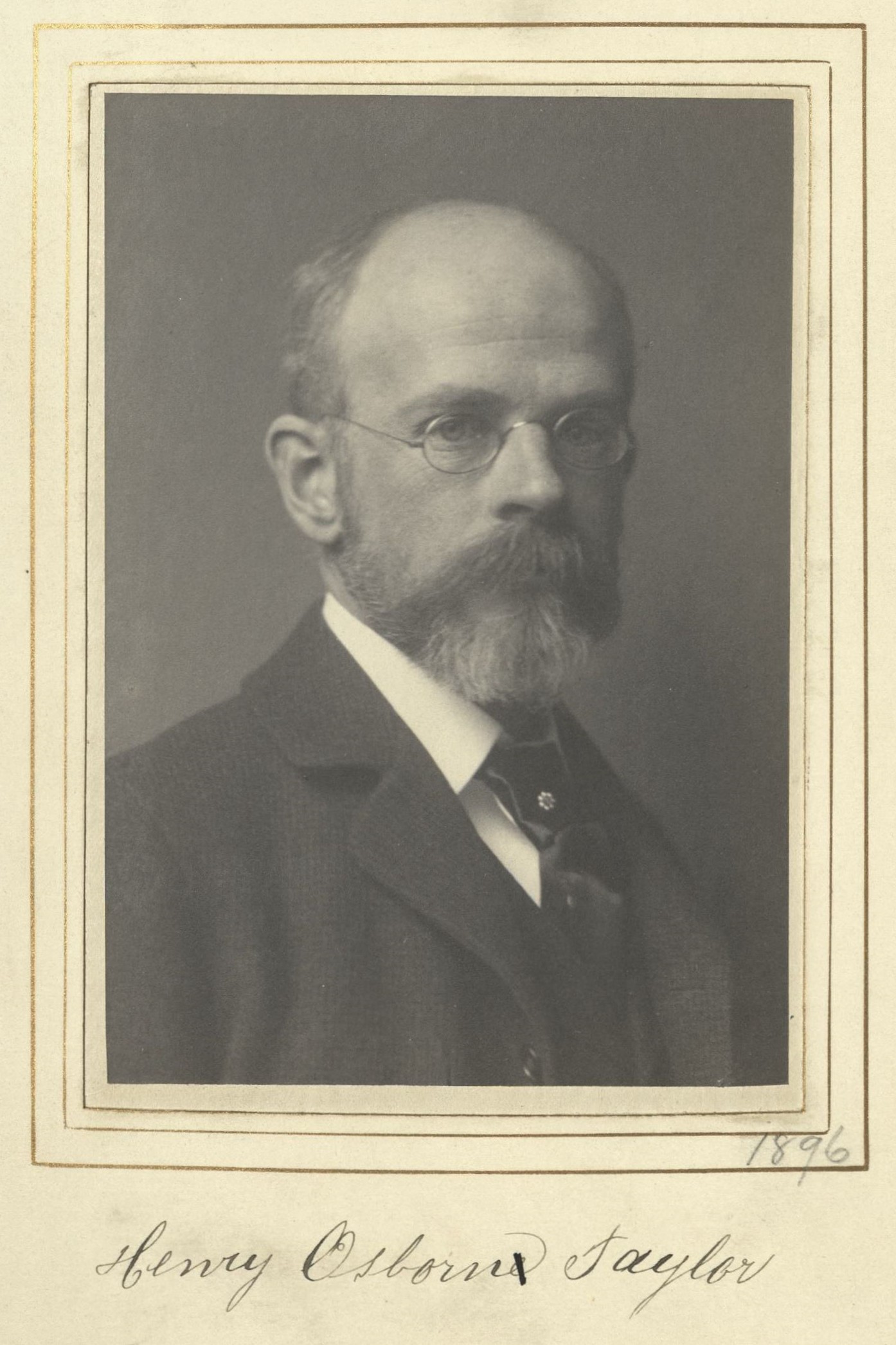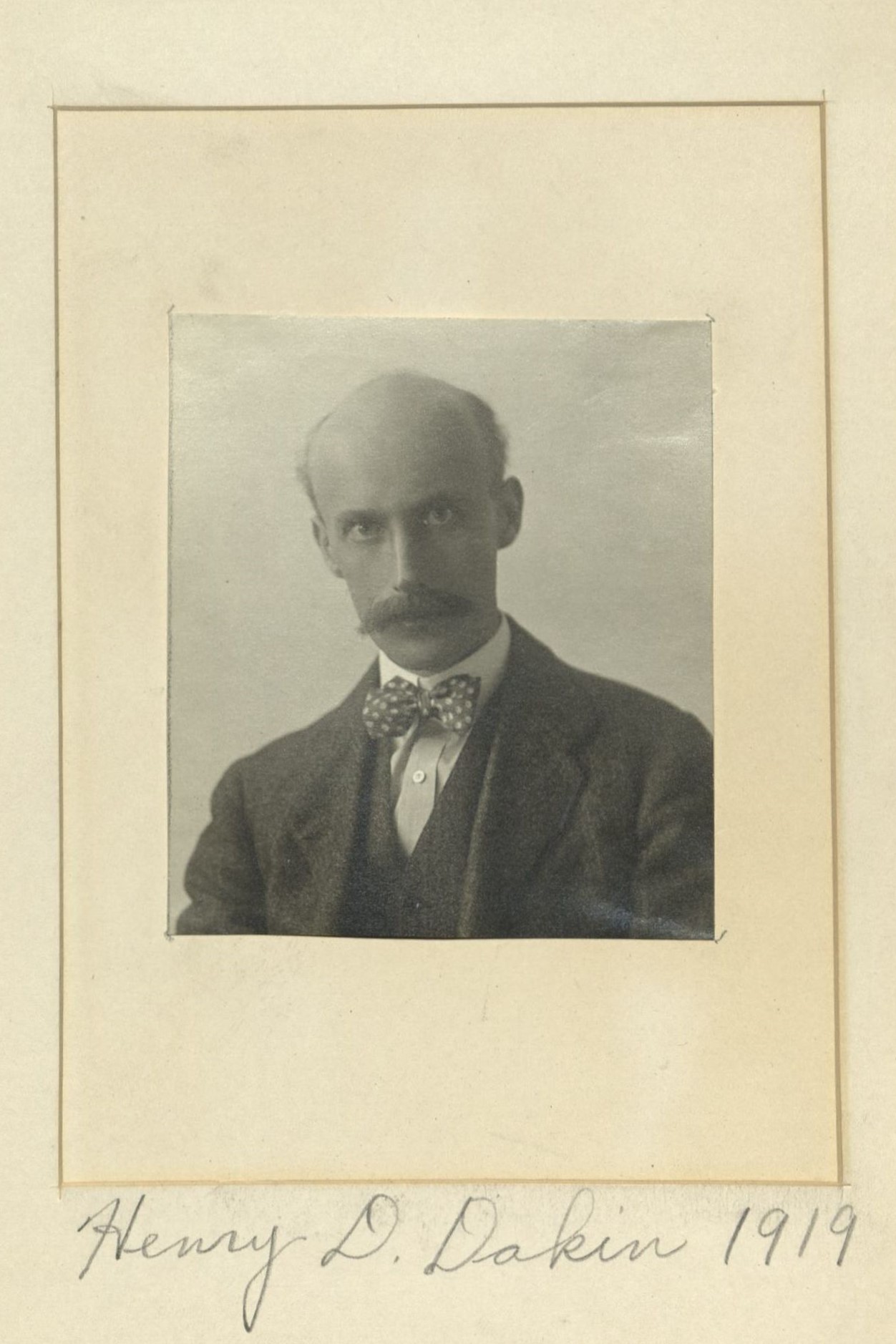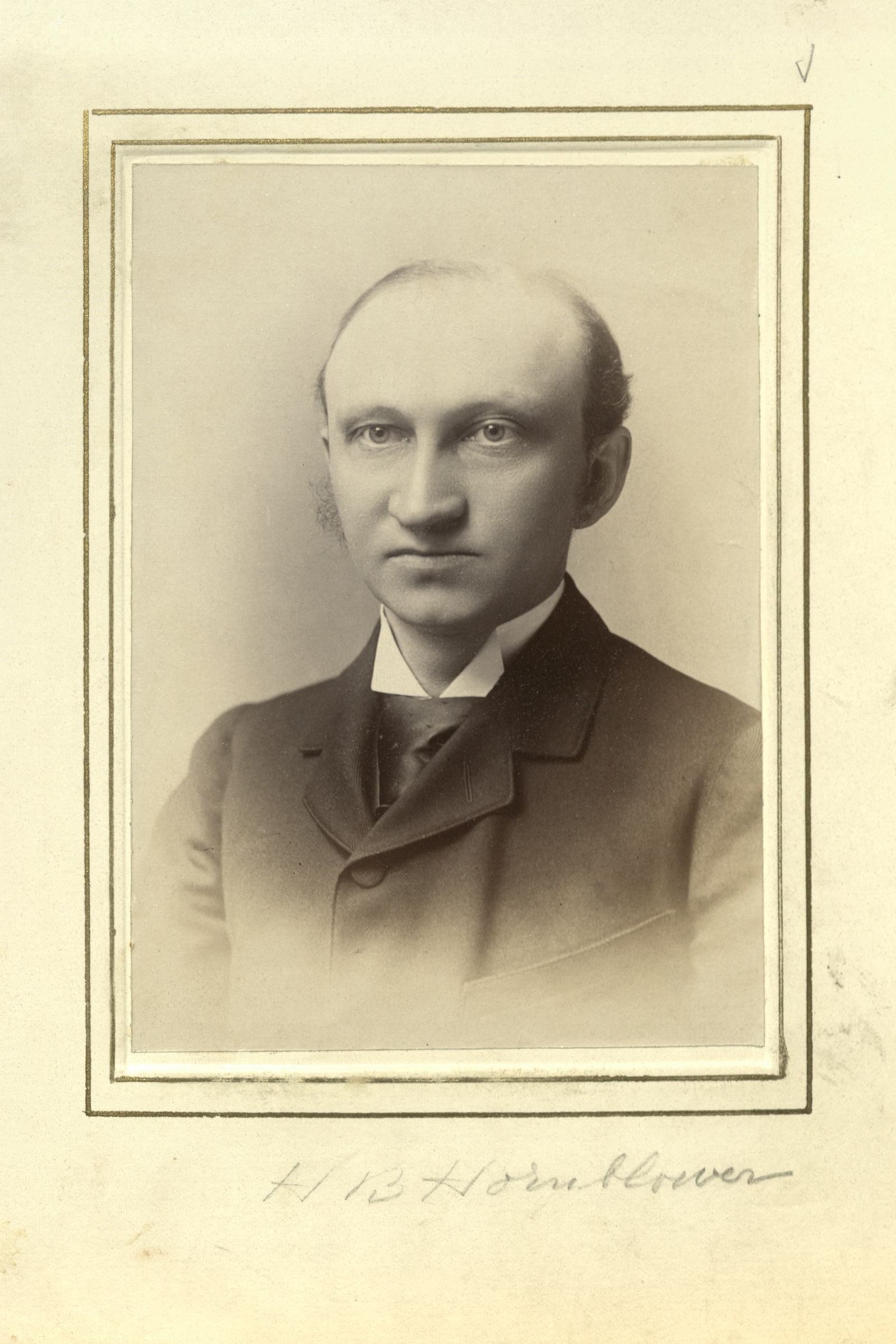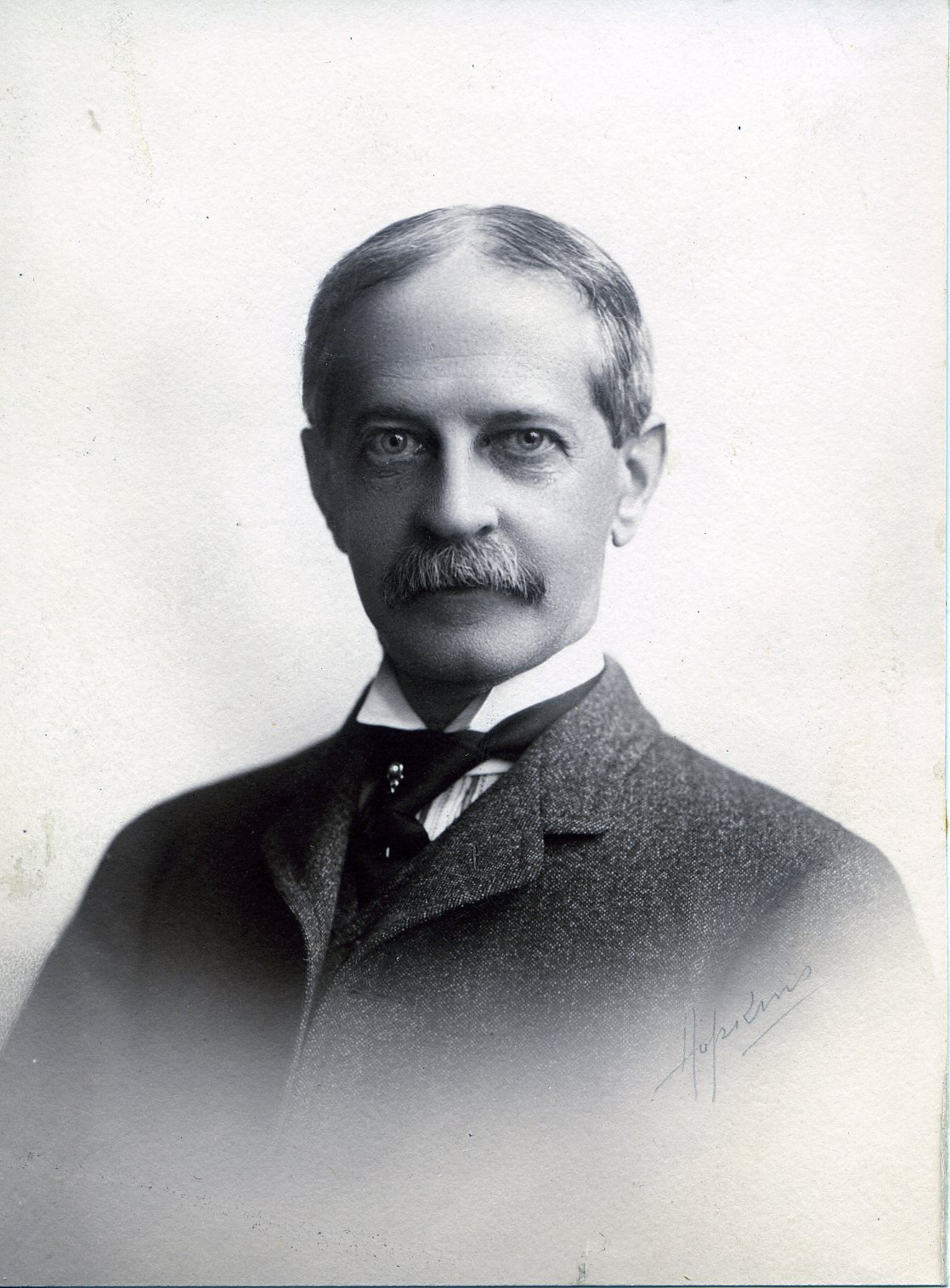Member Directory,
1847 - 1922
Henry O. Taylor
Author/Lawyer
Centurion, 1896–1941
William B. Hornblower and Warren N. Goddard
New York (Manhattan), New York
New York (Manhattan), New York
Age thirty-nine
East Hampton, Connecticut

Archivist’s Notes
Secretary of the Century Association, 1911–1917; brother of Frank M. Taylor
Century Memorial
Henry Osborn Taylor was a member of the Century for forty-five years and our Secretary for seven years.
His intelligence, sensitive and generous disposition, and talent for friendship were doubtless given to him as an initial endowment. But, as he himself perceived more clearly than could anybody else, it was his own steady pursuit of a noble purpose that made him into what he became. At the age of 28 he had resolved to devote the rest of his life to the historical study of what the greatest minds had contributed to the expansion and refinement of the human spirit. What drove him to this was curiosity, the passion that has led man to the discovery of about all he knows. He had a real hunger for knowledge and an even greater craving to understand. His main purpose was not to be a writer; and yet he must have expected that some day he would write out the conclusions at which he might arrive, and must have been confident of his ability to do so, for before he turned his back on the law, he had published a precociously competent legal treatise. Nor did he plan to be a teacher; he did not want to mortgage his time to students with their immaturities and stupidities. He had no wish to tie himself to a college chair. He intended, so far as his then slender means allowed, to be the master of his time and to be free to travel wherever his studies might lead him.
For years he worked eight hours a day and went about his self-appointed task in the spirit of the injunction which is said to have been carved on the chimney front of John Fiske’s library—“Live as if you are to die tomorrow. Read as if you are to live forever.” “So,” said Taylor, looking back many years later, “I set out on the blissful quest of human ideals, those high conceptions that men had imagined and striven to reach.” Health and vigor and freedom to do his work in his own way were granted him for more than half a century. He did not let himself be hurried or turned aside. He went back to beginnings and sources, proceeded in an orderly manner, and considered the growth of our civilization as well as its spirit. A succession of books, of which “Ancient Ideals,” “The Classical Heritage of the Middle Ages,” and “The Medieval Mind” are probably best known, appeared at long intervals, like milestones raised along his path. They brought him recognition among scholars and a measure of popular fame. “The true human story,” he concluded, “is not a story of what has been done on earth, but rather what man has set before him to desire and has striven to reach,—the story of what man has sought to be and do, and so has really been.” That was what constantly interested Taylor, and following the “story” he advanced down the long procession of the great thinkers, poets, and doers from Homer and the Hebrew prophets almost to our own time and gained, not a philosophy of history only, but also a religious faith that kept him serene and happy.
So without any conscious effort he imparted happiness to others. Most of us who survive him had no opportunity to know him until he had passed middle life, until he was bald and his closely trimmed beard was white; yet we can say that in these years of latter-day Century experience we can remember finding no gayer, friendlier, wiser little old man in these rooms than was Taylor, no one more sure to stir a body up with a good question or a shrewd remark, no scholar who carried his freight of learning more lightly, and no member who was readier for good talk, or to the eye of a familiar observer more amusingly adroit about escaping a bore; no elder brother who more happily preserved his freshness of heart.
Many different reasons undoubtedly lead different members to whatever measure of esteem they feel for the Century, but most would agree that they value the Club in part because of a strain of character that seems to have been bred into it by a distinguished few of its habitués. These men have cared deeply for the things of the spirit and, so caring, have attained to learning, wisdom and true refinement of taste. Many of them have been masters of at least one of the arts of expression and have accordingly influenced a larger world as well as our small one. They could not help leaving something of themselves here even though they came only to lunch or dine idly at the long table. The ones whose memories are cherished most affectionately are those who came here so frequently that many of the rest of us enjoyed more than their bowing acquaintance. Taylor was one of these. He was in the Club several times a week during most of the years of his long membership. He was a generous donor to the Century and always watchful of its welfare.
Geoffrey Parsons
1941 Century Memorials
Related Members
Member Directory Home-
 Pearce BaileyPhysicianCenturion, 1907–1922
Pearce BaileyPhysicianCenturion, 1907–1922 -
 Henry D. DakinChemistCenturion, 1919–1952
Henry D. DakinChemistCenturion, 1919–1952 -
 Warren N. GoddardMerchant (Dry Goods)Centurion, 1892–1900
Warren N. GoddardMerchant (Dry Goods)Centurion, 1892–1900 -
 William B. HornblowerLawyerCenturion, 1893–1914
William B. HornblowerLawyerCenturion, 1893–1914 -
 George Lyman KittredgeProfessor of EnglishCenturion, 1920–1933
George Lyman KittredgeProfessor of EnglishCenturion, 1920–1933 -
 Frank M. TaylorMetallurgistCenturion, 1904–1930
Frank M. TaylorMetallurgistCenturion, 1904–1930



